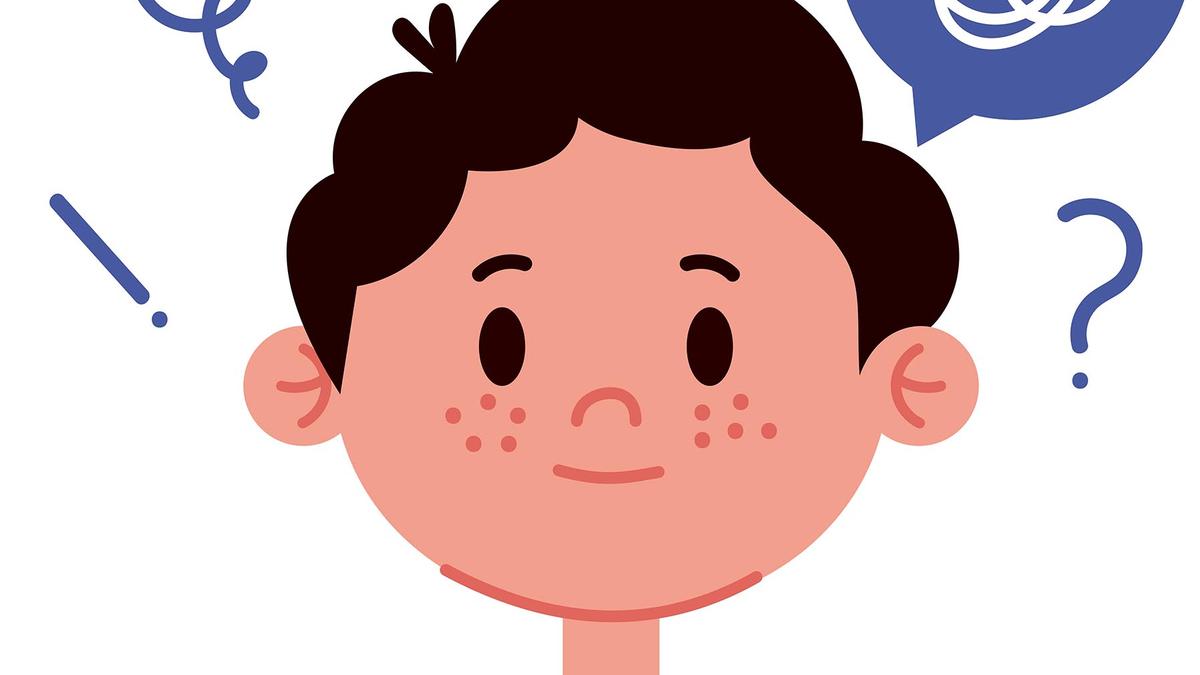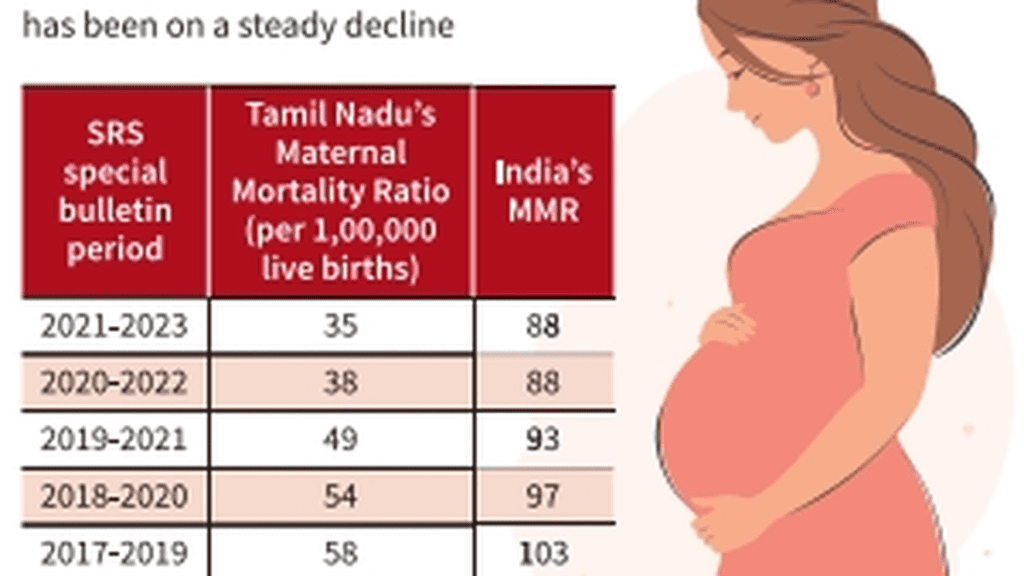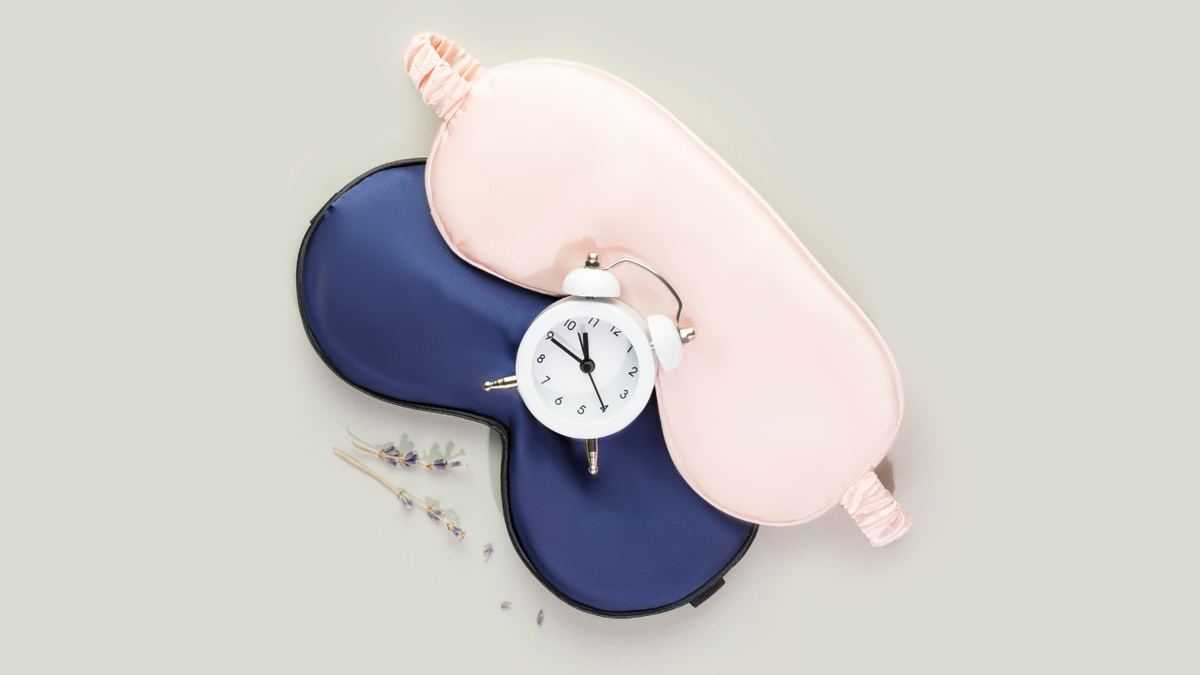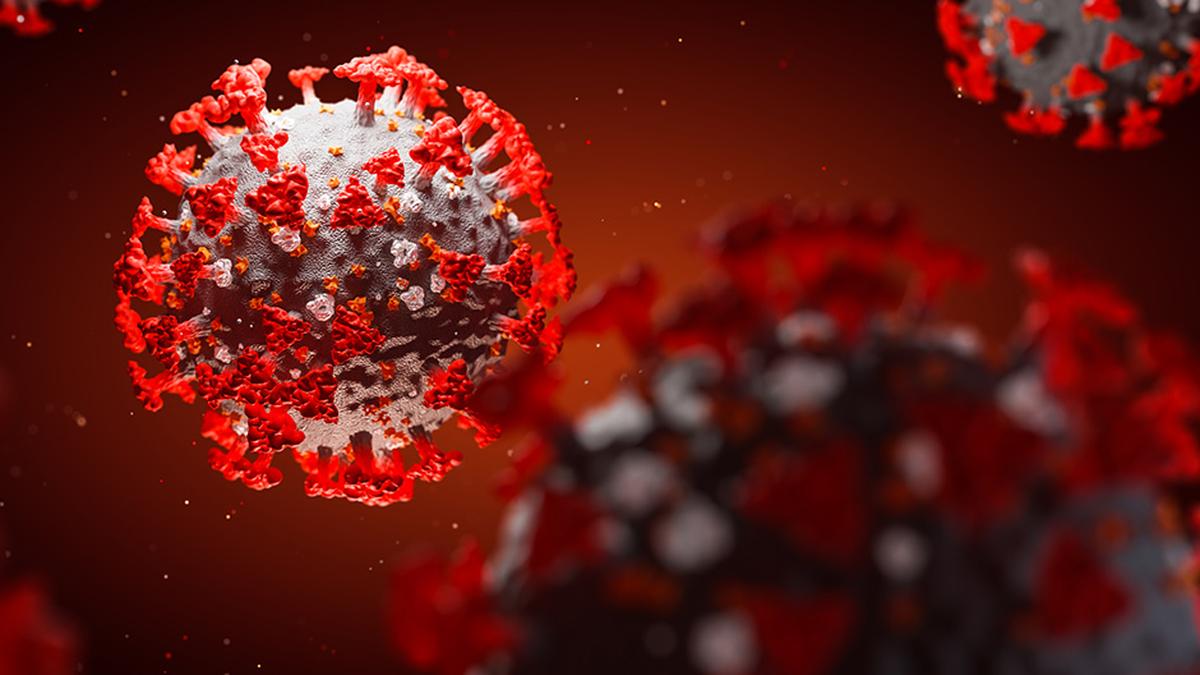Did the pandemic lead to an increase in ADHD symptoms? Teachers, counsellors in Bengaluru believe so Premium

Did the pandemic lead to an increase in ADHD symptoms? Teachers, counsellors in Bengaluru believe so Premium
The impact of the COVID-19 pandemic on the physical and mental health of people is continuing to be researched even five years after the pandemic began. In India, where there were lockdowns for long periods of time and schools remained shut leading to digital or online classes, the effects on children have persisted.
In Bengaluru schools, educators have noticed that a section of students who came back to physical classes after the lockdowns, have become hyperactive. In some cases, their behaviours have been diagnosed as Attention Deficit Hyperactivity Disorder (ADHD).
Teachers across the city say they are seeing at least two cases of ADHD symptoms in each class.
“Across all classes, there are at least 40 students who have ADHD symptoms, including varying degrees of concentration, impulsive behaviour and hyperactivity. Post the pandemic, parents say that there has been a rise in these kinds of symptoms,” said Sunita Belugundu, special educator, Delhi Public School, Bengaluru South.She said that with students in higher grades, this also presents with symptoms such as difficulty in sustaining friendships, poor social skills, poor executive functioning skills and impacts on working memory.
Teachers are stressing on the importance of classroom management in such cases. While some of the students require counselling, others require activities at their own levels, they say.
“In a classroom of 50, at least three students are hyperactive. While we perhaps saw one or two cases before the pandemic, now, the numbers have nearly doubled. We counsel some of them and and redirect them to learning activities. In some cases, children with very IQs present with such symptoms. In those cases, we provide them occupational activities,” said Sunil Fernandes S.J., principal, St Joseph’s Boys High School.
Schools have come up with various innovative ways to deal with such symptoms. For instance, Ms. Belugundu spoke about how the buddy support system (where one child helps the other) has worked wonders. “We also accommodate them in classrooms by seating them in the front rows and making eye contact so that they can stay focused,” she said.
Counsellors and mental health hospitals are also reporting seeing more cases of ADHD and its symptoms after the pandemic.
“Overall, between 2023 and 2024, there has been a 50% increase in ADHD cases,” said Neha Cadabam, senior psychologist and executive director at Cadabams Hospitals.
“As screentime increased during the pandemic, children also got hooked onto reels and short format videos, which affected their attention spans. It also caused over stimulation visually, which is also a contributing factor to the increased symptoms. The content online is not soothing — it is very stimulating. Apart from this, there is also a lot of awareness about ADHD now with even celebrities coming out and speaking about it. The stigma has reduced and hence more cases are getting reported,” Ms. Cadabam said.
Doctors say that it is very important to make the distinction between ADHD symptoms and it presenting as a disorder, as the latter can only be found out after a comprehensive evaluation.
“There is definitely a section of children who may be having attention problems and getting distracted easily post pandemic. Some children might also experience restlessness or engage in fighting. For it to be called a disorder, it should be observed in both home and school settings. While 8-10% children might have ADHD symptoms, around 2-4% might have it at a disorder level. If parents and teachers have any concerns, it is better to get a comprehensive evaluation done,” said K. John Vijay Sagar, professor and Head of the Department of Child and Adolescent Psychiatry at NIMHANS.










